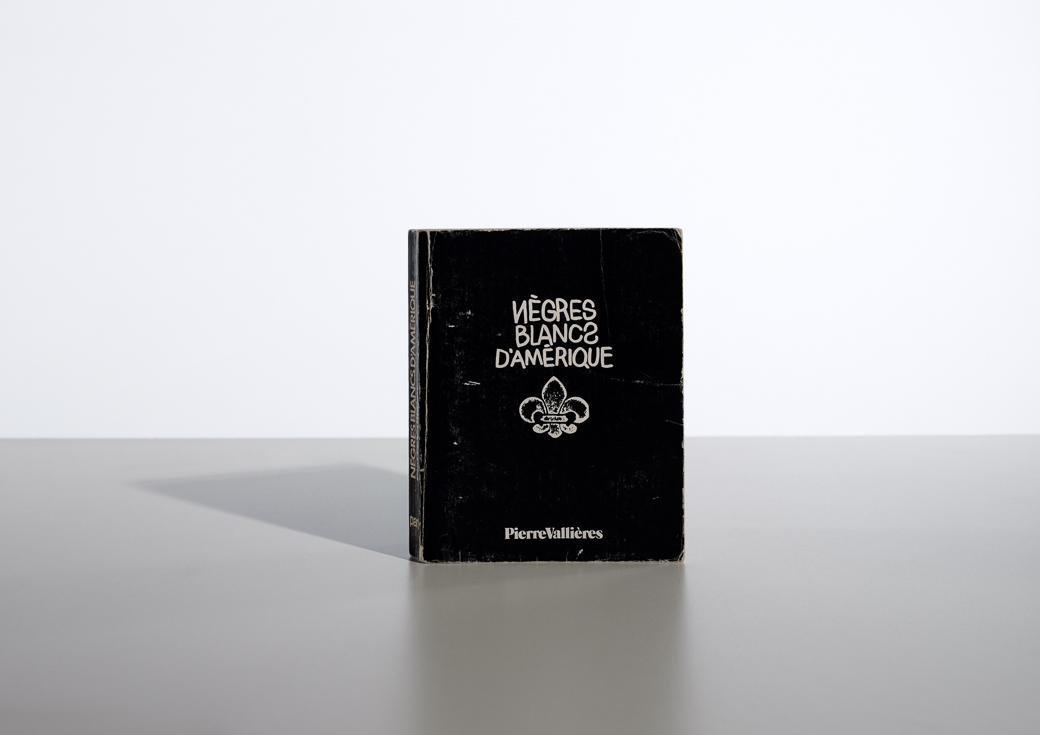Les vies ultérieures des livres qui tentent de changer la société (The afterlives of books that set about changing society) (2009)
Largely inspired by the decolonisation discourse that emanated from Third World countries at the end of the 1950s, a distinct francophone identity - one which perceived itself to be socially dominated and economically colonised - emerged in Quebec in the 1960s. This identity became the cornerstone for a diverse cross section of French-Canadian intellectuals, including poets, novelists, and essayists, but also union leaders, activists, and terrorists, who made extensive usage of written culture to communicate a new brand of nationalism, one which consolidated ideas of anti-imperialism, anti-clericalism, and socialism.
By looking at works originally published and distributed on a small scale for local populations as a concrete means for militants, intellectuals, and labourers to communicate and popularise their respective causes, the series emphasises the nomadization of ideas as well as the afterlives of such works. In particular, the photographs make visible how, over time, these publications end up contributing to the construction of a local history, one that can be used - or abused - to legitimate particular forms of collective identity.
Les vies ultérieures des livres qui tentent de changer la société, 2009, series of inkjet prints, dimensions variable.








